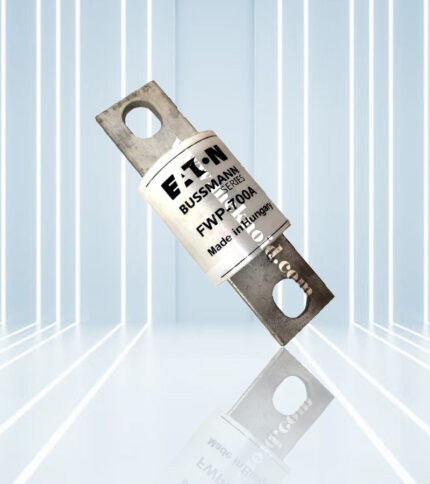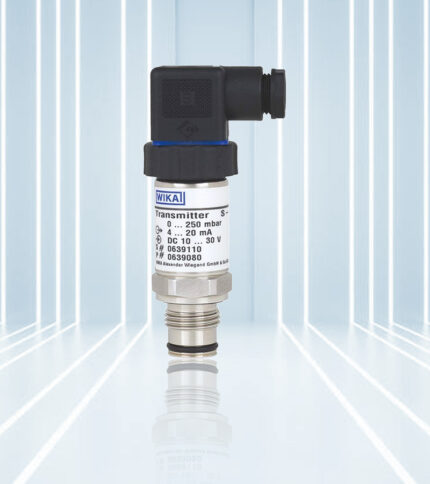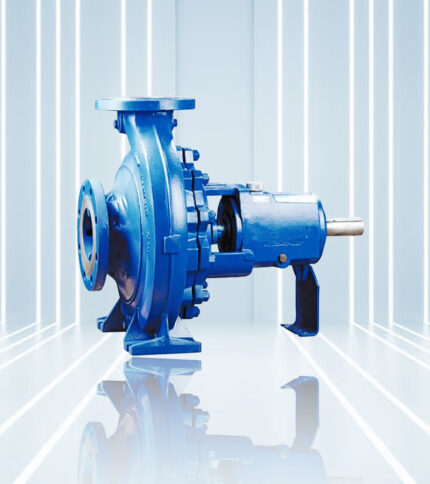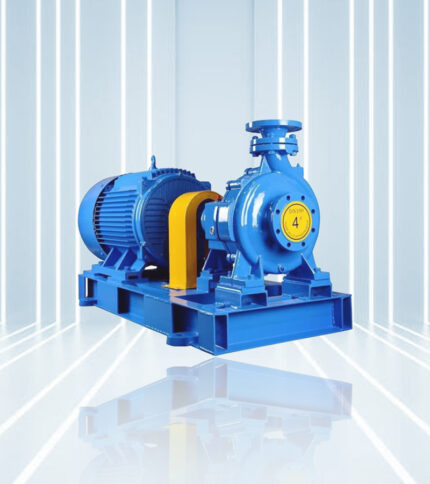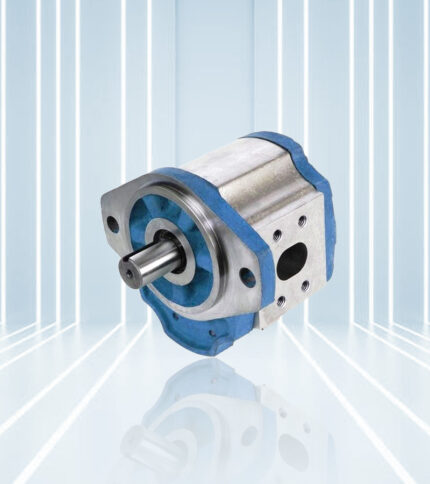Description
Diaphragm Pumps are positive displacement pumps that utilize a flexible diaphragm to create suction and discharge pressure, making them ideal for transferring fluids with high precision and efficiency. These pumps are widely used in industries such as chemical processing, pharmaceuticals, food and beverage, wastewater treatment, and automotive for handling a variety of fluids, including corrosive chemicals, abrasive slurries, viscous liquids, and shear-sensitive substances. The operation of Diaphragm Pumps involves the reciprocating movement of a diaphragm, which flexes back and forth to draw fluid into the pump chamber and expel it through the discharge outlet. This diaphragm action provides gentle pumping action, making Diaphragm Pumps suitable for transferring sensitive fluids without causing damage or degradation.
One of the key advantages of Diaphragm Pumps is their ability to handle a wide range of fluids with varying viscosities, temperatures, and chemical compositions. The flexible diaphragm material, along with the choice of pump materials such as polypropylene, PVDF (polyvinylidene fluoride), and stainless steel, ensures compatibility with different fluids and prevents corrosion or contamination. Diaphragm Pumps offer several features that enhance their reliability and performance, including leak-free operation, self-priming capabilities, and dry run protection. These pumps are also designed for easy maintenance, with quick-disconnect fittings, tool-free access to components, and replaceable diaphragms and valves. With their robust construction, corrosion-resistant materials, and precise fluid handling capabilities, Diaphragm Pumps provide a reliable and efficient solution for a wide range of fluid transfer applications. Whether you need to meter chemicals in dosing applications, circulate abrasive slurries, or transfer viscous fluids, our Diaphragm Pumps deliver the performance and durability you need to optimize your processes with confidence.
Benefits
- Versatility: Diaphragm pumps are versatile and can handle a wide range of fluids, including corrosive chemicals, abrasive slurries, viscous liquids, and shear-sensitive substances, making them suitable for diverse industrial and commercial applications.
- Precise Fluid Transfer: These pumps offer precise metering and dosing capabilities, allowing for accurate delivery of fluids in applications where precise flow rates are critical, such as chemical dosing and pharmaceutical manufacturing.
- Gentle Pumping Action: The flexible diaphragm design provides gentle pumping action, making diaphragm pumps suitable for transferring sensitive fluids without causing damage or degradation to the product.
- Leak-Free Operation: Diaphragm pumps feature leak-free operation, minimizing the risk of fluid leakage and ensuring containment of hazardous chemicals, enhancing safety and environmental protection.
- Self-Priming: Many diaphragm pumps are self-priming, allowing them to evacuate air from the pump suction line and create a vacuum, enabling reliable operation even when starting from dry conditions.
Technology
- Positive Displacement: Diaphragm pumps operate on the positive displacement principle, where the reciprocating movement of the diaphragm creates suction and discharge pressure, ensuring consistent and precise fluid transfer.
- Diaphragm Material: The diaphragm material is carefully selected based on the application requirements, with options including rubber, thermoplastics, and elastomers, ensuring compatibility with various fluids and operating conditions.
- Air-Operated: Diaphragm pumps are often air-operated, utilizing compressed air or gas to flex the diaphragm and generate pumping action, providing a reliable and efficient power source for fluid transfer.
- Double Diaphragm Design: Some diaphragm pumps feature a double diaphragm design with two diaphragms working in tandem, providing redundancy and enhanced reliability in critical applications.
- Variable Flow Control: Certain diaphragm pumps offer variable flow control options, allowing for precise adjustment of flow rates to meet specific process requirements and optimize efficiency.
Reliability
- Robust Construction: Diaphragm pumps are built with robust construction and durable materials, ensuring reliability and longevity even in harsh operating conditions and demanding environments.
- Chemical Resistance: The materials used in diaphragm pumps are resistant to corrosion, abrasion, and chemical attack, ensuring compatibility with a wide range of aggressive fluids and chemicals.
- Low Maintenance: With few moving parts and simple design, diaphragm pumps require minimal maintenance, reducing downtime and maintenance costs over the pump’s operational lifespan.
- Dry Run Protection: Many diaphragm pumps feature dry run protection mechanisms to prevent damage to the pump and system components in the event of fluid loss or interruption, enhancing reliability and extending equipment life.
- Seal Integrity: Diaphragm pumps are equipped with robust seals and gaskets to maintain seal integrity and prevent fluid leakage, ensuring safe and reliable operation in critical applications.



